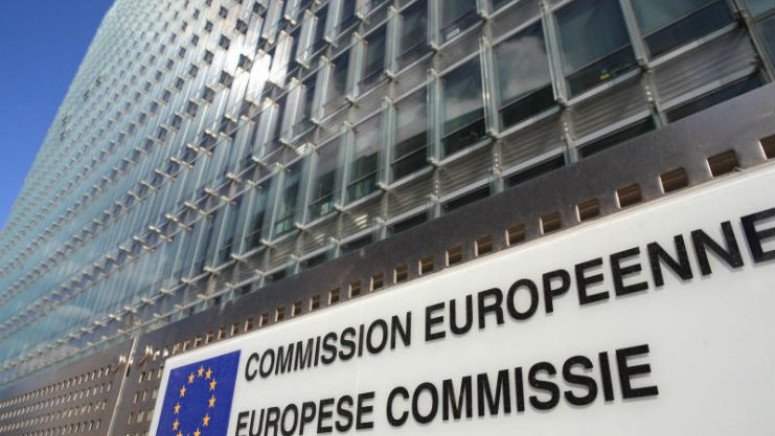Just a few weeks before the end of its five-year mandate, the European Commission will approve and publish its annual enlargement package and progress reports for the countries involved in this process. This will be the last package approved by the current Commission, and the reports are expected to be adopted at the meeting on October 30th in Brussels, reports Radio Free Europe.
The earlier plan was to approve these documents on October 16th, but due to certain circumstances, it was postponed by two weeks. When October 16th was mentioned for the approval of the enlargement package, it was believed that the new European Commission would be ready to start its mandate by November 1st. However, the hearings and votes for the new nominees have been postponed to the first two weeks of November, meaning the new Commission will not be ready before December 1st.
According to EU sources who had the opportunity to see the progress reports in their draft versions, this time, the reports are expected to highlight some progress for all candidate countries, and for Kosovo as a “potential candidate.”
The Commission’s aim is, on one hand, to be objective in assessing the current situation of the countries in the enlargement process, but on the other hand, to avoid being overly critical, to prevent any EU member state from using these reports to hinder the process.
The political part of the enlargement strategy document will highlight the key achievements of the past year. Among these, it is expected to mention the European Council’s decision from December 2023 to open accession negotiations with Ukraine and Moldova, as well as the conditional decision to open negotiations with Bosnia and Herzegovina and grant candidate status to Georgia.
Montenegro also made progress by adopting the interim report on meeting the criteria for Chapter 23, which pertains to the rule of law.
Albania, just days before the new Progress Report was approved, opened the first chapter of the negotiation group for EU membership.
The only country without movement in this direction is Kosovo. Kosovo applied for EU membership in December 2022, but this request has not yet been reviewed. As such, Kosovo remains the only country among the ten in the enlargement process without candidate status.
However, the Progress Report for Kosovo is expected to be comprehensive, analyzing reforms and performance in all areas, just as for all others in this process.
The Progress Reports for Kosovo and Serbia are expected to contain criticism for both Pristina and Belgrade over their unwillingness to fulfill the obligations stemming from their dialogue on normalizing relations, supported by the EU.
This will not come as a surprise, as the EU has already publicly expressed dissatisfaction with the lack of progress in the dialogue. The EU continuously reminds Kosovo and Serbia that their European path also depends on the dialogue for normalizing their relations.
One of the achievements in the relations between the EU and the countries of the Western Balkans region is the approval of the Growth and Reform Plan. It is a package of 6 billion euros, of which 2 billion are grants, while the rest are in the form of favorable loans. This package aims to help the countries of the region prepare for progress toward EU integration.
The areas where the countries of the region will be expected to deliver more progress in these reports are the rule of law, anti-corruption efforts, and public administration reform.
It is expected that the European Commission, in particular, will call for greater progress in ensuring an independent judiciary, respecting freedom of expression, and depoliticizing public administration.
With these documents, the countries of the region are expected to continue cooperation in the field of migration, including aligning with the EU’s asylum and visa policies.
Once approved by the European Commission, these progress reports and the enlargement package will be discussed in December by the Council of EU member states.
Based on these discussions, decisions are expected to be made on opening or closing negotiation chapters for some candidate countries, particularly for Montenegro and Serbia.
Additionally, a joint EU summit with the Western Balkan countries is expected in December.







